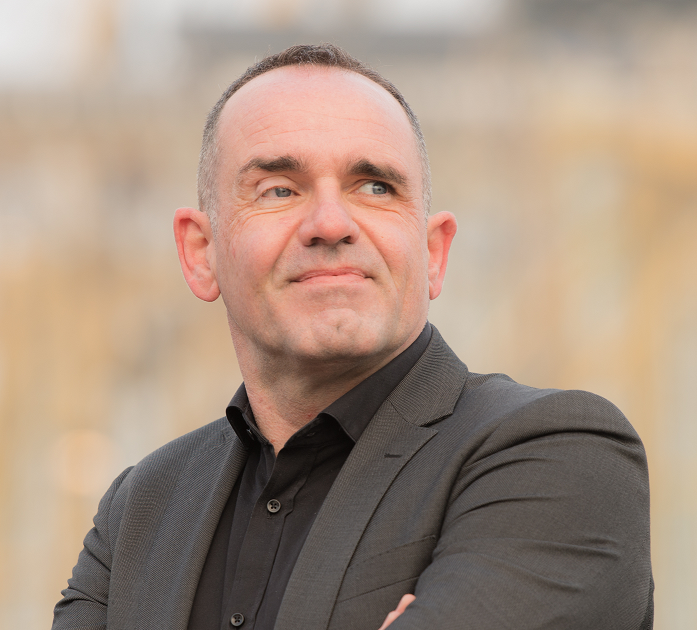© Shutterstock
Why is pulse trawling important for the Netherlands?
‘Pulse trawling is forbidden in Europe but an exemption was made for part of the fleet. Around 30 percent of Dutch trawlers — over 80 ships — use pulse trawls. One benefit is the saving in fuel consumption. In traditional beam trawling, a large ship uses 30,000 to 40,000 litres of diesel a week, but only half that in pulse trawling. When oil prices are high, this can make the difference between profit and loss. In recent years, Dutch fishing businesses have invested 25 to 30 million euros in the new technology. That investment is now in danger of becoming worthless.’

Arie Mol van Wageningen Economic Research, ©Anneke Grinwis uit Ouddorp
What is the alternative?
‘In the years prior to the introduction of pulse trawling, the trawler sector recorded losses or only marginal profits. Pulse trawling saved the day for the businesses that were allowed to use it. If the ban goes ahead, fishers will have to stop using an efficient method and invest in less efficient technology. A return to beam trawling seems to be one of the few options but it is debatable whether banks will want to finance this given its poor image and revenue model. What is more, the beam trawl is a lot heavier than the pulse trawl and that is more wearing on the ships, so the cost of maintenance and repairs will rise.’
The French are adamantly opposed to pulse trawling. They say it damages the environment and pulse trawlers are emptying the sea of fish.
‘Wageningen Marine Research is conducting research on the long-term effects of pulse trawling. The provisional conclusions are positive. Opponents want evidence first that there are no adverse effects but it is always difficult to prove that something is not happening. The claim that they are emptying the sea is not correct. Dutch pulse trawlers have to stick to their quota too. It is a pity that innovation is being halted in this way.’
Also read:
Brexit could affect Dutch fishing rights
Is pulse fishing the future?
Electric fishing at risk
